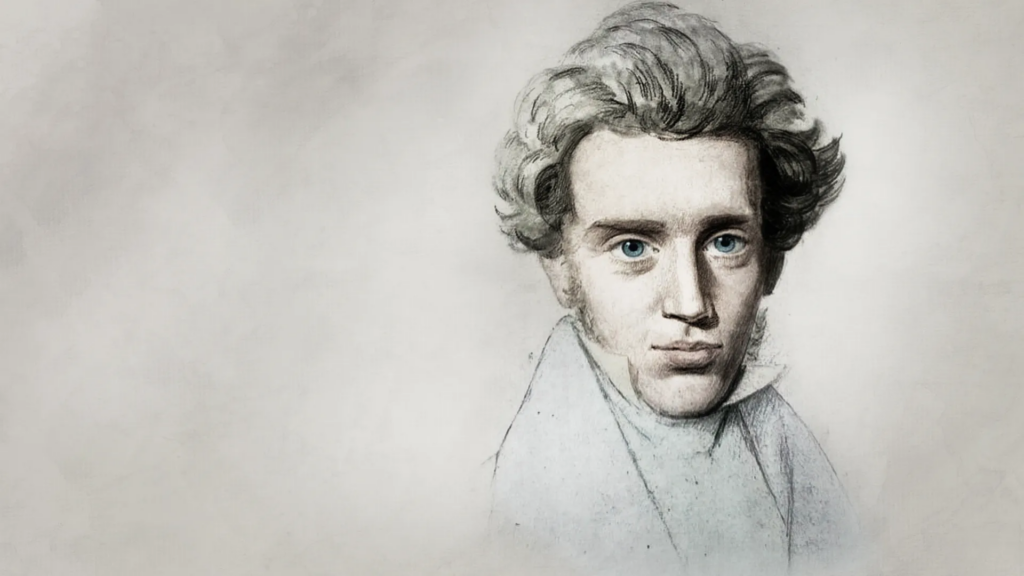Business managers, strategic capacity: Promote personal morale
Appreciate deep aspects of human nature

Dr. Alejandro Fontana, professor of General Management and Management Control at the University of Piura, shares with Exaudi readers this article titled “The development of strategic capacity in company managers: the need to foster personal morality.”
***
“We come from a phase of development in which what is material and technical has been privileged over what is ethical and spiritual” (Benedict XVI, 2010)
In the environment where I operate, it is increasingly necessary for those who wish to be managers to complement their experience with a master’s degree in business management, or also for those who work as such to reinforce their skills and knowledge with an executive education program.
To evaluate the different alternatives, we often look at the rankings of the different Schools. When I have reviewed, however, the criteria that these evaluations use, I have not found that they focus on what should be the main objective of an executive program: the decisional improvement of the program participant. With this, I am only claiming those qualities that a manager should ensure: correctly diagnose the problem, and be able to solve it.
Consequently, I could affirm that an adequate management program would require developing three capabilities: strategic, executive and leadership capabilities. Of these three qualities, the one that allows for an adequate diagnosis of the problem is strategic capacity. Some authors consider that it is innate; personally, I am inclined to recognize that it has innate. Personally aspects, but at the same time it is an object of learning.
What is also striking when reviewing the contents of the programs proposed for the development of this capacity is not finding a direct reference to the link between its improvement and the development of authentic personal morality. My purpose is now to develop these ideas and show the close link between a deep strategic capacity and personal morality.
Strategic capacity requires anticipating events, and making the appropriate moves, now, to reach the stated objective. This implies theoretical and logical reasoning, which seeks proportions and ratios between the different variables that are involved. For example, to understand the characteristics of the business model, the manager has to adequately answer the question about the characteristics and interests of his consumers and clients, the attributes of his products, the capabilities of his organization; also analyze the attributes of the other products that your customers and competitors can find in the market; and read, appropriately, the other factors of the environment. This means logical reasoning. Good instrumental use must be added to this logical analysis. In fact, to analyze complex situations, there are tools of a diverse nature: financial, quantitative, commercial, operations.
But this capacity also demands an additional dimension: knowing how to take into account the consequences that one’s own decisions generate in the learning of the different agents with whom one interacts when making those decisions. That is, the increase or decrease in the trust of collaborators and suppliers, and the consequences that customers and other stakeholders will suffer. Strategic capacity presupposes adequate knowledge of human nature, and in particular, being convinced that people are not means to something, but ends in themselves. The manager must take into account that people are not static realities, but rather a reality in constant dynamism. Unlike material reality, which is relatively stable – because physical nature also suffers from the market effect, and the increase in the capabilities of human technology – the personal world is, by natural condition, dynamic and variable. A person is not the same, even if it seems that way, a few months later. In that short time, when interacting with other people – no one is an isolated subject – changes have occurred in her: in her way of perceiving reality, in her way of judging, even in her way of relating to others. Therefore, learning occurs in each of the interactions with other people.
The person constantly learns something, although one could also say that he or she can unlearn. Learning ultimately focuses on two alternatives: one is more free or one is less free. Positive learning will go along the lines of being less restricted by the surrounding reality and will allow us to have more capacity for self-determination. Negative learning will be the greatest bondage to what surrounds us: a negative, restrictive, crushing dependence, which prevents being free: having freedom of action, or the capacity for self-determination towards that which most develops and magnifies it.
Therefore, if strategic analysis must enable us to know what the organization should do, it cannot fail to have a moral assessment, which is the assessment of the personal sphere. As stated in the Apostolic Constitution Ex Corde Ecclesiae, “it is essential that we convince ourselves of the priority of the ethical over the technical, of the primacy of the human person over things, of the superiority of spirit over matter.”
Only those who value this moral dimension in themselves are capable of discovering the possible effects of their decisions on the personal environment that surrounds them. If the manager himself is not a subject of development and freedom, it is impossible for his actions to identify what is best for others in those same dimensions. Therefore, although you must move with ease in the logical and instrumental dimensions, what will make the difference and quality of your management style will be your ability to perform, adequately, at the level of personal learning: cognitive and service.
A strategic education program cannot stop at the development of logic, nor at the mastery of functional tools. Strategic capacity is closely linked to the ability to see deeper aspects of human nature: learning through interaction and the development of service capacity.
Related

Reversing Social Deterioration: A Task That Begins in Business Management
Alejandro Fontana
25 April, 2025
4 min

The Revolution of Tenderness
María Elizabeth de los Ríos
25 April, 2025
3 min

His Hope Does Not Die!
Mario J. Paredes
24 April, 2025
6 min

The Religious Writer with a Fighting Heart
Francisco Bobadilla
24 April, 2025
4 min
 (EN)
(EN)
 (ES)
(ES)
 (IT)
(IT)

